China and the Western Press
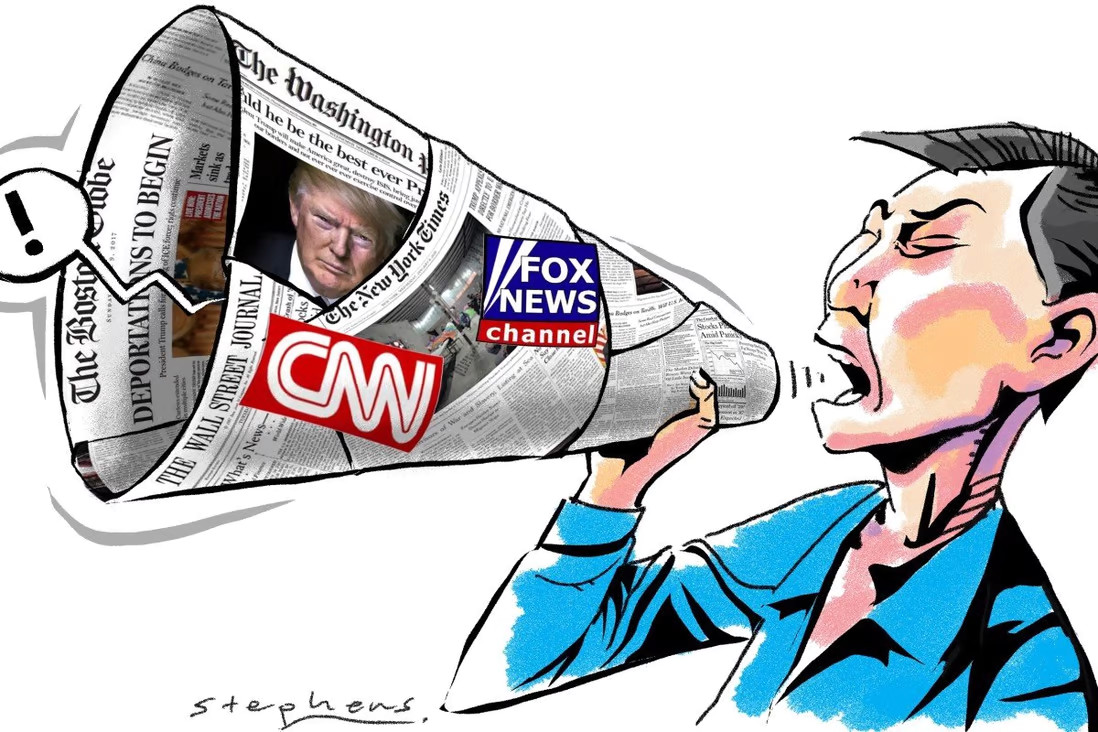
Buying influence
Part III
louisalim/guardian/eyesonsuriname
Amsterdam, June 29th 2022– Edwards, like other former employees of China’s state-media companies, felt that the vast majority of his work was about domestic signalling, or telegraphing messages that demonstrated loyalty to the party line in order to curry favour with senior officials.

Any thoughts of how his work was furthering China’s international soft power goals came a distant second. But since Edwards left in 2014, Xinhua has begun looking outwards; one sign of this is the existence of its Twitter account – followed by 11.7 million people – even though Twitter is banned in China.
Outright censorship is generally unnecessary at China’s state-run media organisations, since most journalists quickly gain a sense of which stories are deemed appropriate and what kind of spin is needed.
I recognised that we were soft propaganda tools – but not to any greater extent than for the BBC or al-Jazeera, and certainly nothing like RT,” said Daniel Schweimler, who worked for CCTV in South America for two years. “We always joked that we’d have no interference from Beijing or DC so long as the Dalai Lama never came to visit.”
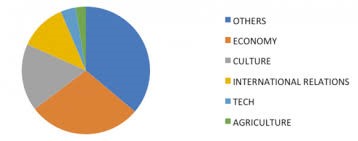
When the Dalai Lama did come to visit Canada in 2012, one journalist in Xinhua’s Ottawa bureau, Mark Bourrie, was placed in a compromising position. On the day of the visit, Bourrie was told to use his parliamentary press credentials to attend the Tibetan spiritual leader’s press conference, and to find out what had happened in a closed-door meeting with the then prime minister, Stephen Harper. When Bourrie asked whether the information would be used in a piece, his boss replied that it would not. “That day I felt that we were spies,” he later wrote. “It was time to draw the line.” He returned to his office and resigned. Now a lawyer, Bourrie declined to comment for this story.
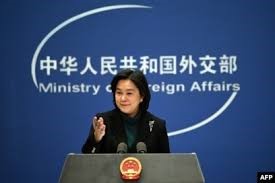
His experience is not unusual. Three separate sources who used to work at Chinese state media said that they sometimes wrote confidential reports, knowing that they would not be published on the newswire and were solely for the eyes of senior officials. Edwards – who wrote one such report on Adelaide’s urban planning – saw it as “the lowest level of research reporting for Chinese officials”, essentially providing very low-level intelligence for a government client.
That vanishingly thin line between China’s journalism, propaganda work, influence projection and intelligence-gathering is a concern to Washington. In mid-September this year, the US ordered CGTN and Xinhua to register under the Foreign Agents Registration Act (Fara), which compels agents representing the interests of foreign powers in a political or quasi-political capacity to log their relationship, as well as their activities and payments. Recently Donald Trump’s campaign manager, Paul Manafort, was charged for violating this act by failing to register as a foreign lobbyist in relation to his work in Ukraine. “Chinese intelligence gathering and information warfare efforts are known to involve staff of Chinese state-run media organisations,” a congressional commission noted last year.
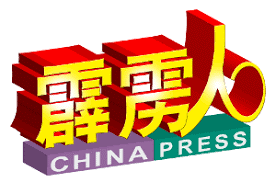
Making the Foreign Serve China” was one of Chairman Mao’s favoured strategies, as epitomised by his decision to grant access in the 1930s to the American journalist Edgar Snow. The resulting book, Red Star Over China, was instrumental in winning western sympathy for the Communists, whom it depicted as progressive and anti-fascist.
Eight decades on, “making the foreign serve China” is not just a case of offering insider access in return for favourable coverage, but also of using media companies staffed with foreign employees to serve the party’s interests. In 2012, during a series of press conferences in Beijing at the annual legislature, the National People’s Congress, government officials repeatedly invited questions from a young Australian woman unfamiliar to the local foreign correspondents. She was notable for her fluent Chinese and her assiduously softball questions.
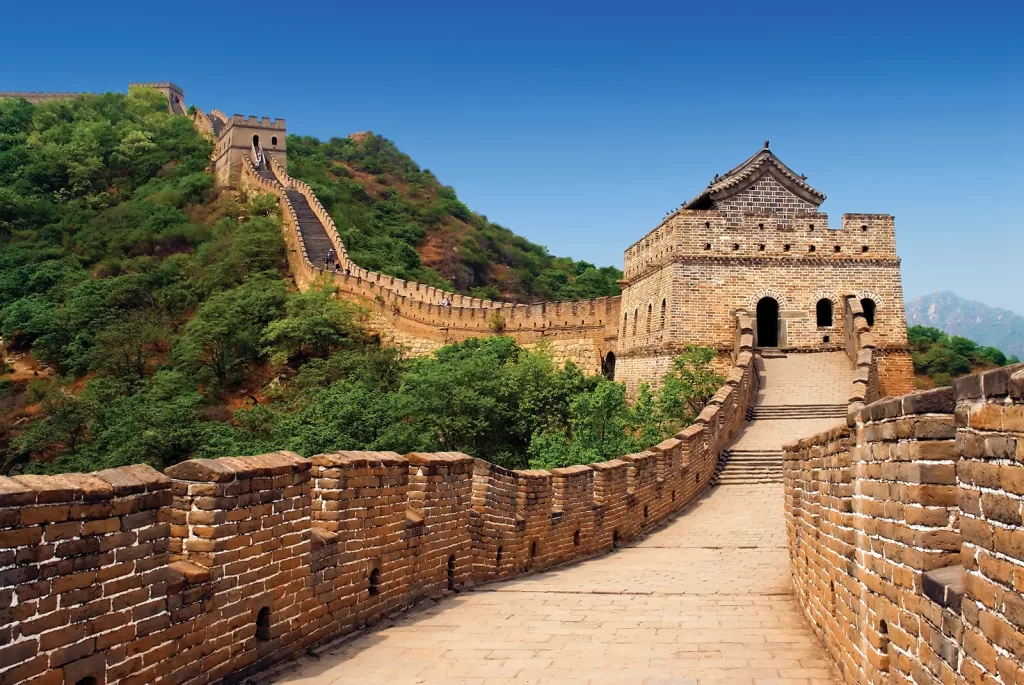
It turned out that the young woman, whose name was Andrea Yu, was working for a media outlet called Global CAMG Media Group, which is headquartered in Melbourne. Set up by a local businessman, Tommy Jiang, Global CAMG’s ownership structure obscures the company’s connection to the Chinese state: it is 60% owned by a Beijing-based group called Guoguang Century Media Consultancy, which in turn is owned by the state broadcaster, China Radio International (CRI). Global CAMG, and another of Jiang’s companies, Ostar, run at least 11 radio stations in Australia, carrying CRI content and producing their own Beijing-friendly shows to sell to other community radio stations aimed at Australia’s large population of Mandarin-speakers.
End Part III
Tomorrow Part IV
louisalim/guardian/eyesonsuriname









